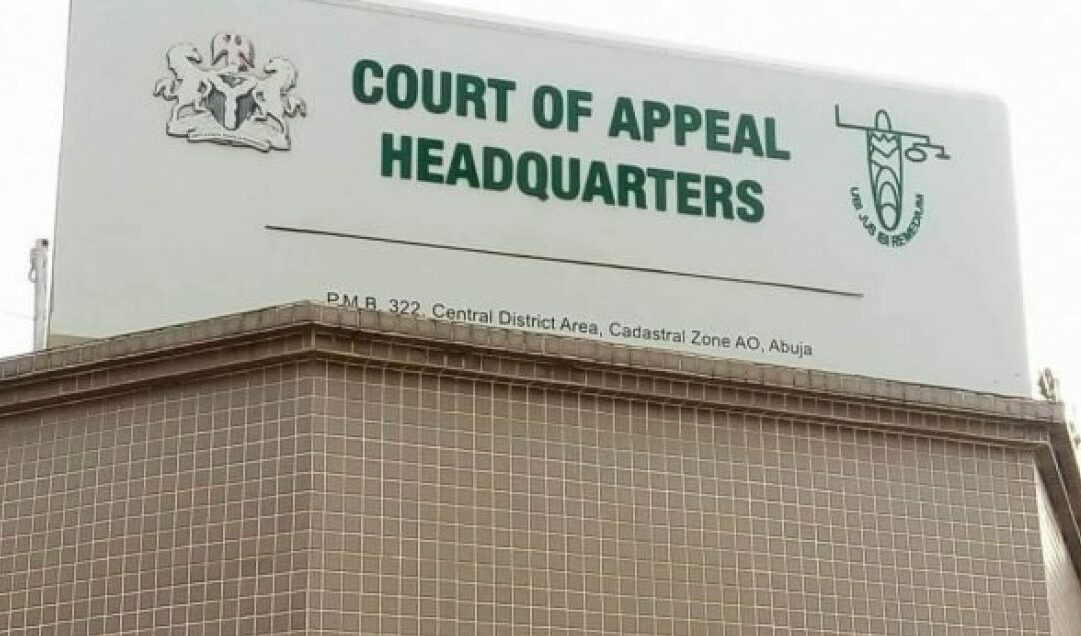Tijani v. FBN Plc [2016] 12 NWLR (Pt. 1525) 83 at 103-104, per Oseji, JCA:
“It follows therefore that any exercise of the right of appeal as guaranteed by the Constitution must emanate or be identifiable with the decision of a court or tribunal and such must be within the definition of section 318 of the Constitution… It seems to me therefore that a letter written by a Chief Judge from the comfort of his office refusing a request by a party to a suit for the transfer of the suit from one court to another and which request was also through a letter by that party cannot fall within the category of the decision of a court as contemplated by the Constitution. It will therefore be naive to accept that a party to a suit before a trial court can appeal against an administrative act done by the Chief Judge and not while presiding over the matter in court…”
Notes:
The Chief Judge does not owe a party a duty to hear him prior to the order of transfer. See Aliyu v. Ibrahim [1992] 7 NWLR (Pt. 253) 361 at 373 cited in Tijani v. FBN Plc [2016] 12 NWLR (Pt. 1525) 83 at 103 paras. F-G.
While it is accepted that an administrative decision of a Chief Judge as in the above case cannot be appealable to the Court of Appeal, how will a party ventilate his grievance against such decision where same is reasonably overreaching? Firstly, the main reason for the request for transfer of the case may form a valid ground of appeal if ignored. For instance, if a party believes that the presiding Judge was being a judge in his own cause, then there is a breach of fundamental right to fair hearing. In some other cases, a report, if absolutely necessary, may be made to the National Judicial Council for appropriate action.














